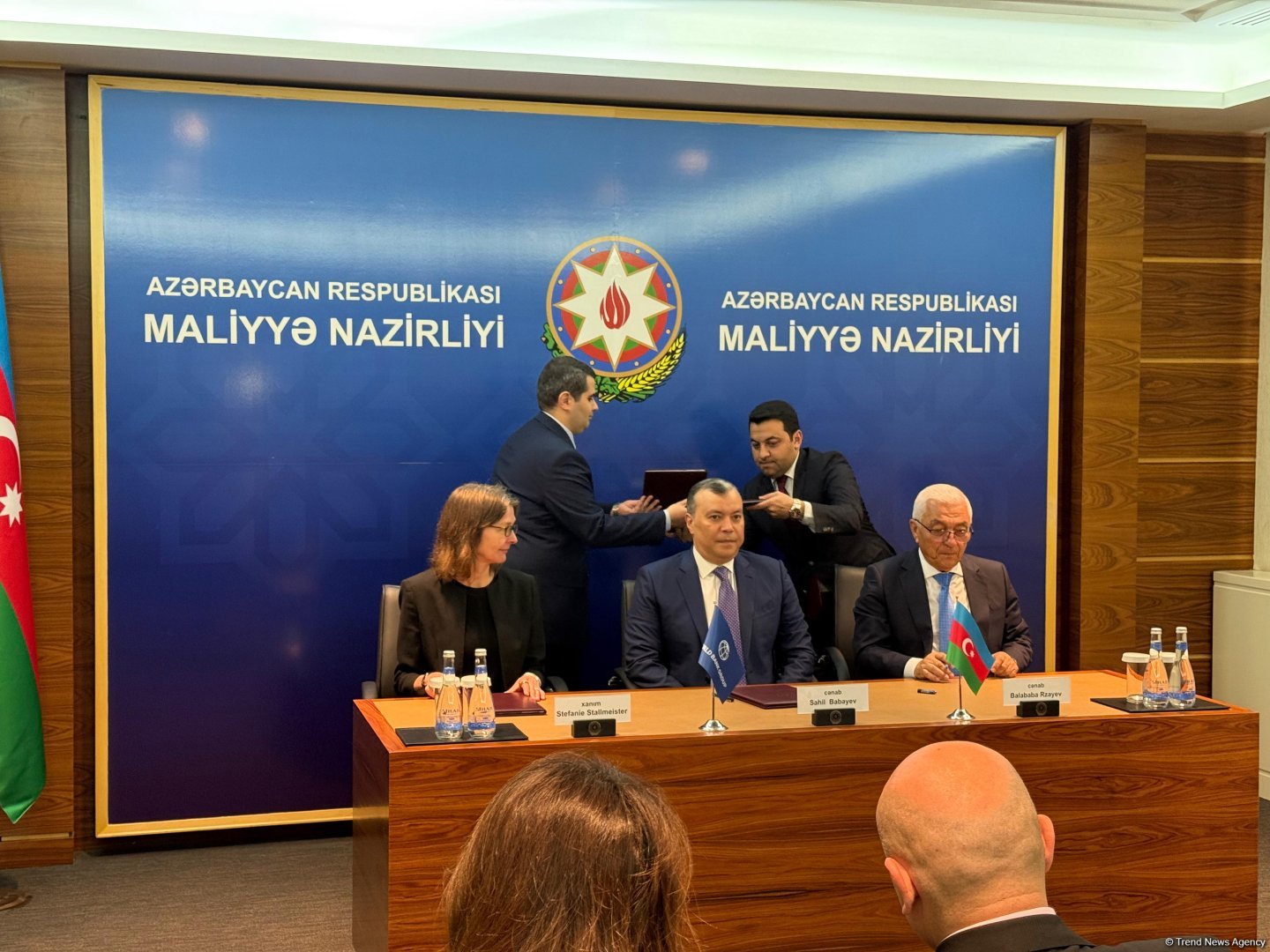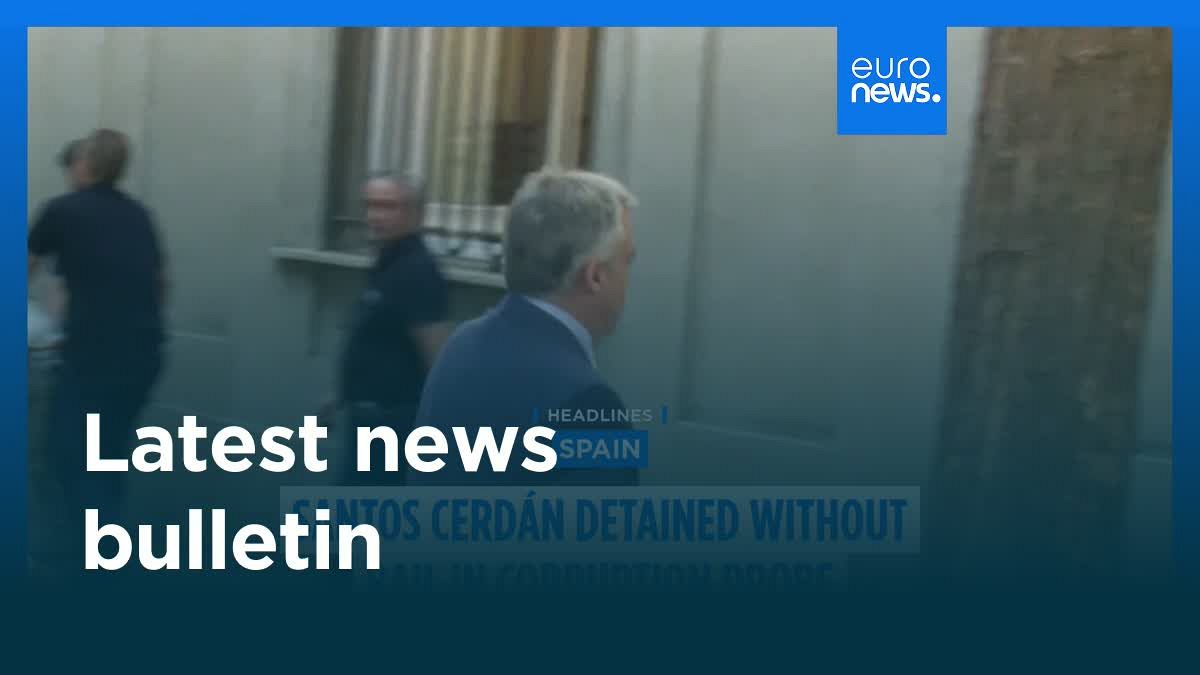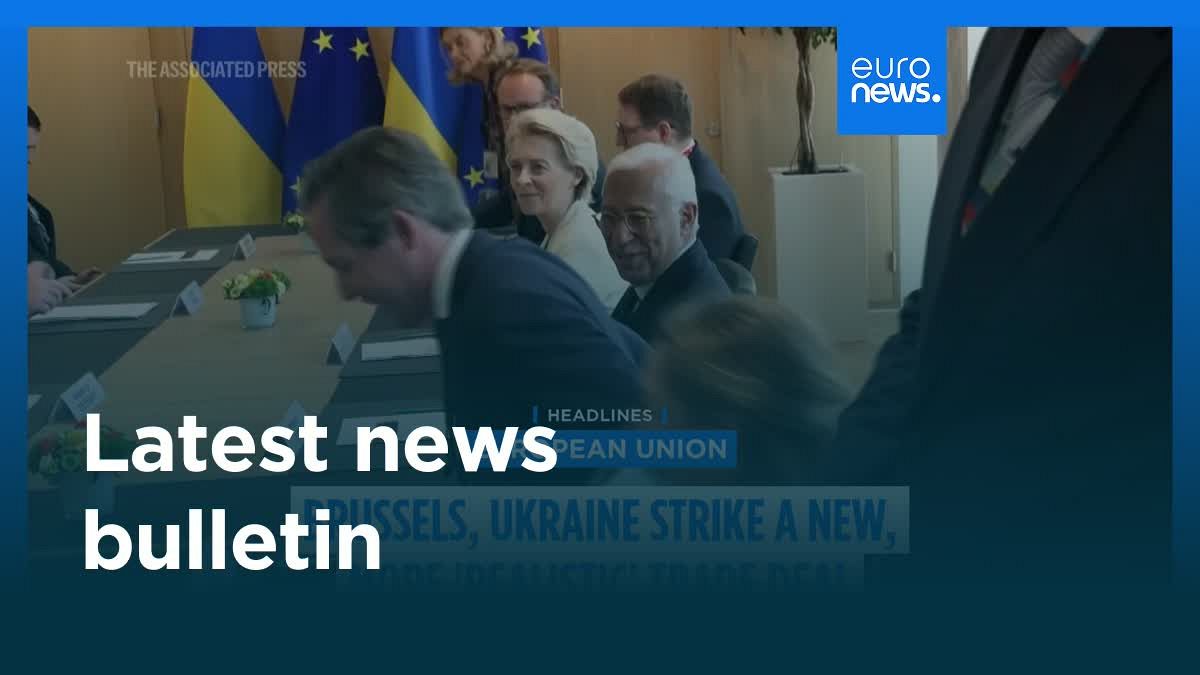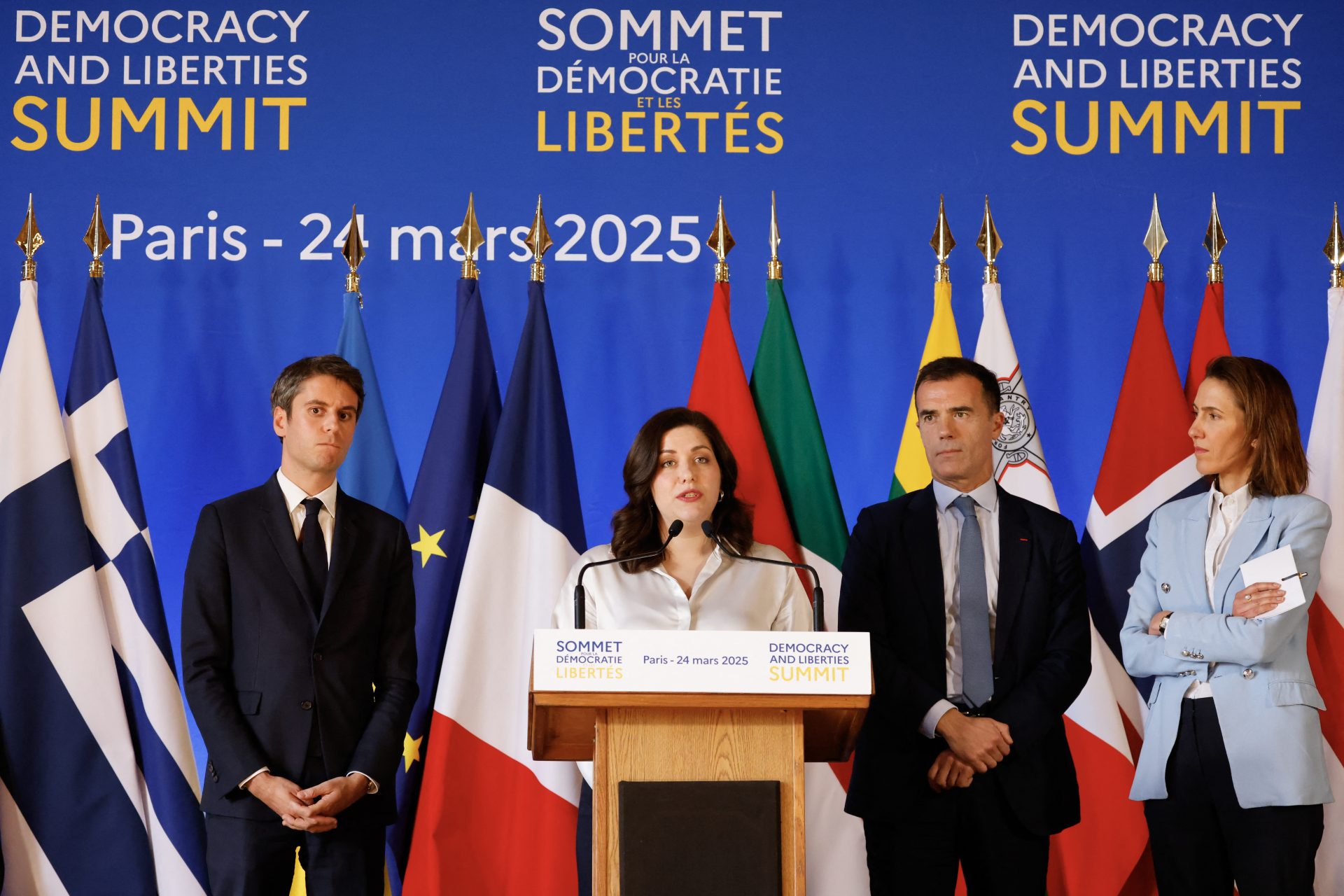EU Rule of Law Commissioner McGrath hits back at Orbán’s Budapest Pride accusations

EU Rule of Law Commissioner Michael McGrath dismissed claims by Hungarian Prime Minister Viktor Orbán accusing Brussels of orchestrating last Saturday’s Pride celebrations in Budapest.
“There was no orchestration from the European Union, for sure,” McGrath told the European Newsroom (enr) in an interview in Brussels on Tuesday. “It was a very powerful and visible demonstration of solidarity and support for the LGBTIQ+ community in Budapest,” the Irish Commissioner said.
He praised “the symbolism of hundreds of thousands of people on the streets of Budapest upholding the right to gather peacefully” and said “nobody has anything to fear from people gathering peacefully.”
He underlined the European Union’s core value of equality, stressing it “is a founding value of the European Union and I think what we saw was a natural reaction from the LGBTIQ+ community and the people who support them.”
Defying a police ban issued under Orbán’s orders, a record number of people marched through central Budapest on Saturday in support of LGBTIQ+ rights. Organisers of the 30th Budapest Pride parade said 200,000 people joined the demonstration, while media reports cited at least 100,000 participants.
Budapest’s liberal mayor Gergely Karácsony opposed the ban from the outset and declared the Pride an official municipal event in an attempt to bypass the restrictions.
Budapest-Brussels clash rumbles on
When asked if the European Commission expects progress on the Article 7 procedure against Hungary for its ongoing violations of the rule of law within the European Union, McGrath referred to the EU treaties that grant jurisdiction over the matter to the bloc’s member states rather than the EU executive.
“The bottom line is that the Member States remain in control of that process,” he told the enr journalists, adding that “the decision to progress or not to progress through the Article 7 procedure is the preserve of the Member States in accordance with the treaty provisions.”
McGrath however told the enr that the Commission is currently examining the architecture of the rule of law conditionality mechanism as part of the next EU multi-annual budget (MFF). “We do think that provides the opportunity to build a closer link between respect for rule of law and access to EU funds.”
The European Commission is expected to present its proposal for the 2028-2034 budget on July 16. It will then be under discussion for months to come.
The rule of law was enshrined in the Treaty of Amsterdam (1999), Article 7 of which stipulates that a member state’s rights can be suspended if it breaches the EU’s values under Article 2 of the Treaty of the European Union.
The Treaty of Nice (2001) introduced Article 7(1), which provides that the Council of the EU, acting by a majority, may identify a potential breach and make recommendations to the member state to rectify it before action is taken.
Article 7(1) has since been triggered only twice in EU history: against Poland in 2017 – although the procedure ended in 2024 – and against Hungary in 2018.
“I do believe we need a more agile and responsive and positively focused instrument alongside that so that Member States are clear upfront on what the requirements and obligations are that they face and also that the Commission has the ability to respond quickly where we see breaches of rule of law,” McGrath said.
Citing the European Commission’s political guidelines and a roadmap to the next MFF published earlier this year, he said “not a single Euro will be available to countries where rule of law is not being respected”.
This article is published twice a week. The content is based on news by agencies participating in the enr.





















































.png?Expires=1838763821&Key-Pair-Id=K2ZIVPTIP2VGHC&Signature=IO0~CT3pU-TcxGc~yoZSmoQx23MZVuK-~4jSii~NKEblRmyO3el7NXPu~Rh1o23voASg7hlcHLw4kvQuDK1jssEhcjoNBBvEpZ~GGOAU6yosBhpHpeF179F~h7i6VxmsBNh9gtTutkoqY73O2YCFey~IAqSzKbBqETP1kP9cAg1916Z1YkJJs-5MliMrkZ5d7-mWGLbpHp2wGj2VlMph8XzYlL4~y1O7fB~JdIS~Rs4RMRs2x0WT1qUIpHAsf3GdwtOyAmKFSpIg8xCyNGZZ5h~13nXlmpd7uPvW8tBfttpG9pFTqcway-uch5WyfHOEfi7UlJCOWrr6fCYY5PMgSg__)







